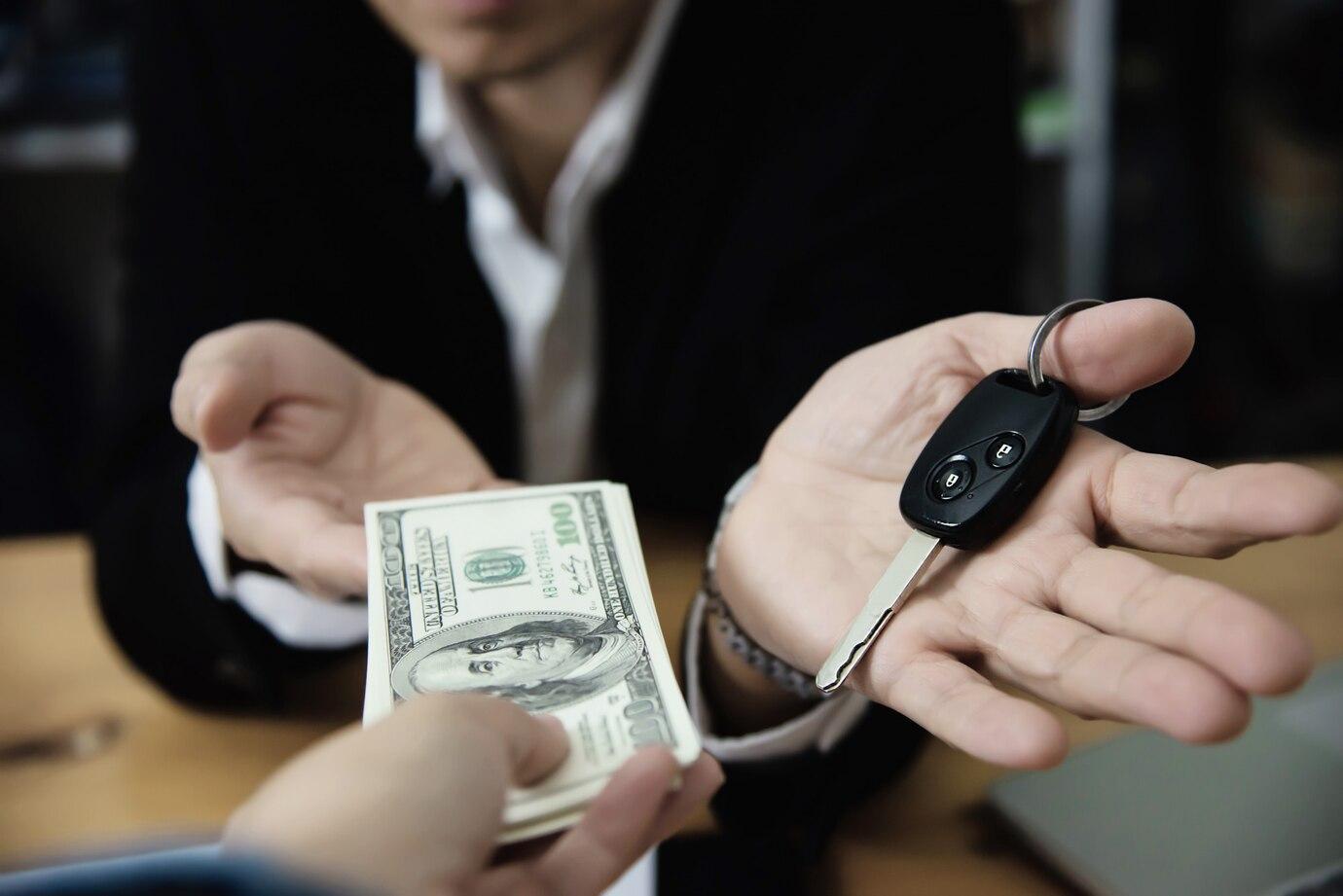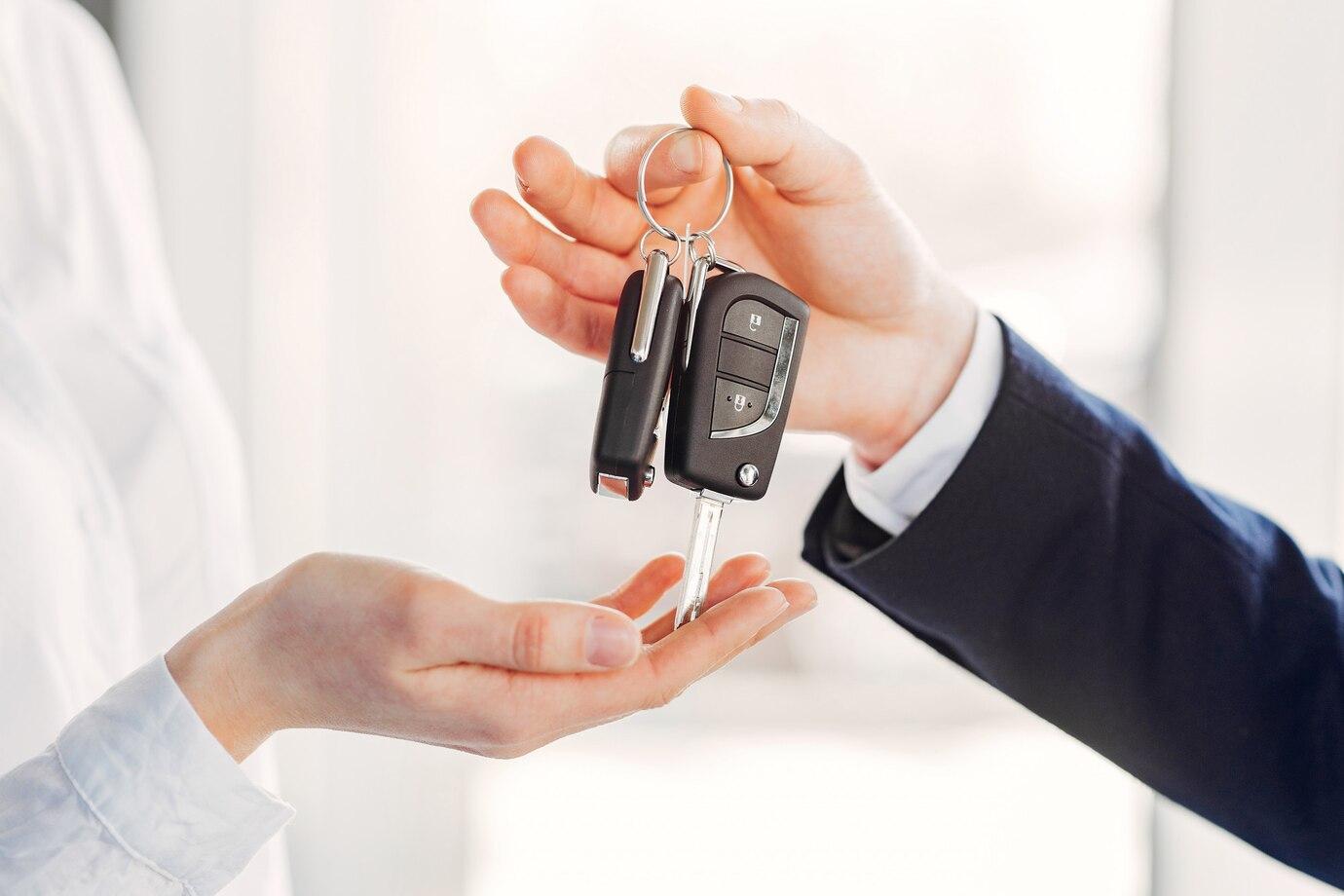Buying a car is an important step for most people. Many of us dream of owning a vehicle to make daily commutes easier and increase mobility. However, unfortunately, fraud in this field has become a common occurrence. Trusting buyers fall victim to various schemes aimed at extracting funds due to their carelessness.
Fraud in Car Sales
One of the most common methods of fraud is deception in the sale of used cars. Fraudsters use various tactics to make the buyer believe in the authenticity of the car and its documents. The main schemes often encountered may include not only document forgery but also manipulation with prices and the condition of the car.
Car Document Forgery
One of the most sophisticated forms of fraud is car document forgery. Fraudsters create fake vehicle passports (PTS) that look absolutely genuine. In some cases, they even issue new license plates, making the car appear completely legitimate. Such actions can seriously complicate further checks, especially if you have no experience in recognizing fakes. Moreover, fake documents can create the appearance that the car has no legal issues, such as not being "collateralized" or having "overdue fines."

Used Car Scams
Fraudsters often offer cars at a significantly reduced price. This creates a huge temptation for buyers, but one should not forget common sense. If an offer looks too good to be true, it probably is. Fraudsters may hide technical issues or legal obstacles, such as car theft or debts. They may use fake reviews or even infiltrate car enthusiast communities, creating an illusion of reputation.
Scams on Car Websites
Car selling websites have become a real find for fraudsters. Here they can anonymously post ads and lure trusting buyers. Paying attention to factors such as the lack of seller information, strange deal conditions, or the inability to see the car in person can help avoid trouble. It is important to know that many fraudsters use photos of other people's cars and share them in their ads.

How Not to Fall for Car Scams
When buying a car, it is worth following a few rules that will help eliminate the risk of being deceived.
Information Verification
Before deciding to buy, thoroughly study all available information about the seller and the car. Check the VIN code to identify possible issues. You should find out if the car is stolen and also investigate the previous owner. Sometimes it is useful to find the real ad on another site to ensure that the information about the car has not been changed.
Car Condition Assessment
Never buy a car "blindly." Be sure to visit the site where the car is located and ask to arrange a test drive. Examine the car carefully, paying attention to the condition of the engine, suspension, paintwork, and body. It is also important to check the availability of a service book and other documents that confirm the car's history.
Visit to a Notary
When signing a purchase agreement, it is worth involving a notary who will check the documents of both the seller and the buyer. This will help avoid many problems and confirm that the transaction was completed legally.

Fraudsters at Car Markets
Fraud is no less common at car markets. Such markets are usually crowded, and fraudsters find it easier to blend in with the crowd. You can also find many counterfeits there that look attractive but hide many problems.
- Slick Manipulations. Fraudsters at car markets are well-versed in buyer psychology. They can create an atmosphere of competitive pressure, making you feel like you've missed a great opportunity. Often they act in groups, creating the appearance of long queues for cars that interest many buyers. This can lead to hasty decisions and hinders thorough car inspection.
- Secret Deals. Some fraudsters may offer you to "close the deal off the books" so it doesn't show up. This can cause big problems in the future as the deal will not be officially recorded. Remember that it is worth warning about such actions in advance to avoid being caught between legal and illegal actions.

Fraud in the car sales field is a serious problem for many buyers. Most often they fall victim to deception, leading to significant financial losses and disappointment. However, by following simple rules and recommendations, you can minimize risks. Verify information, inspect cars, consult professionals, and avoid obviously suspicious deals. Remember, a smart approach and vigilance are your main allies in the fight against car scams.
